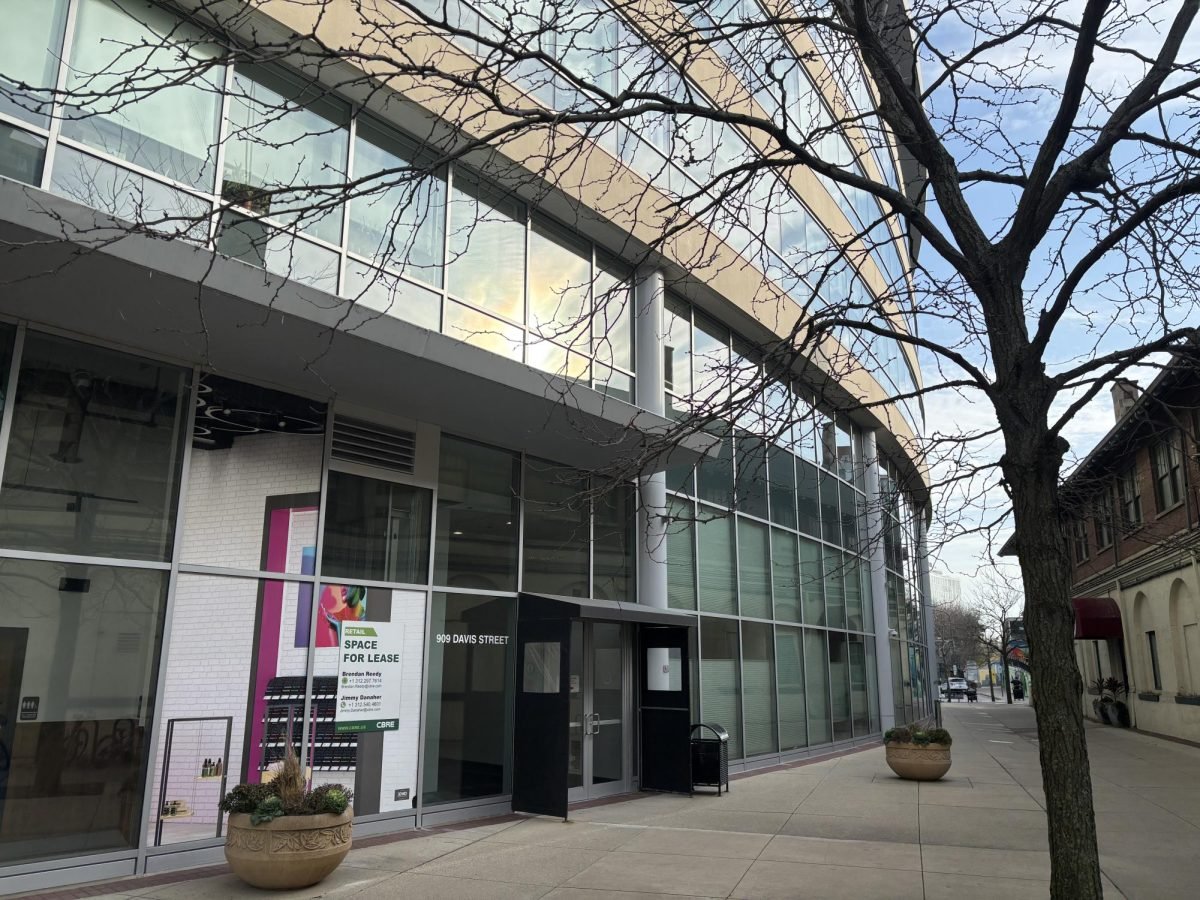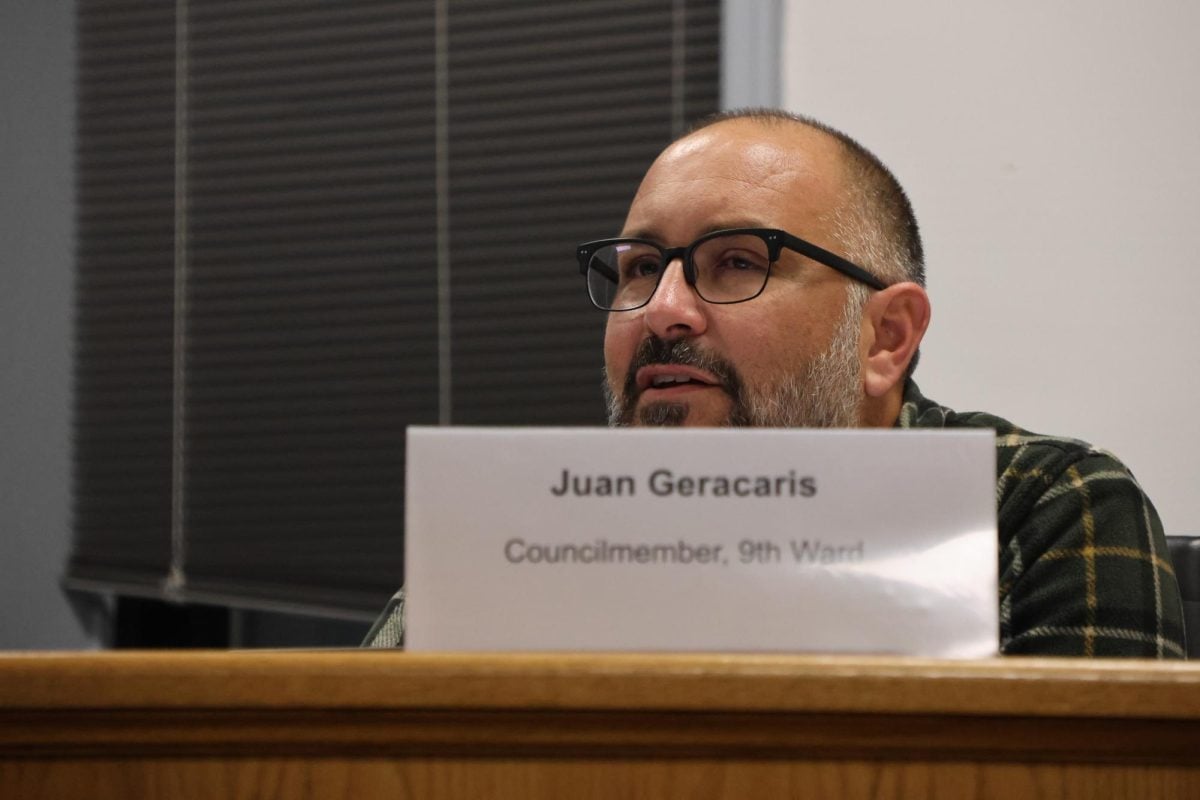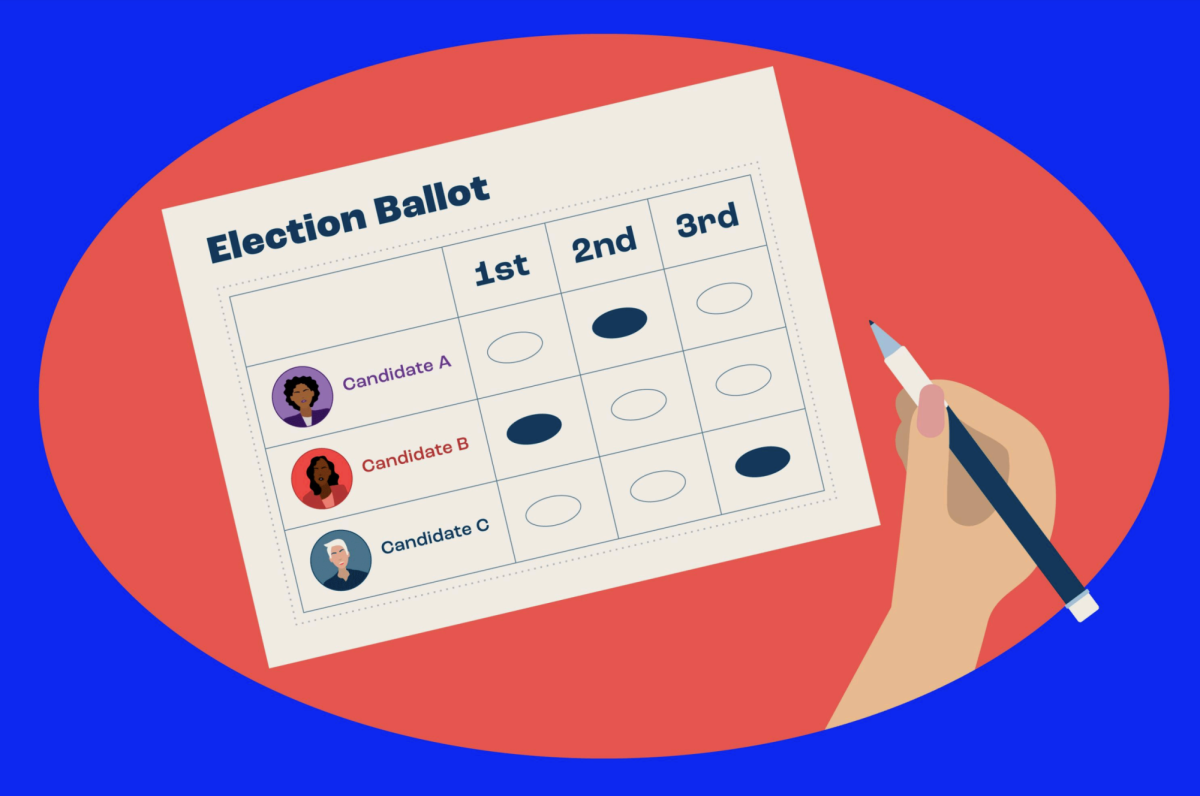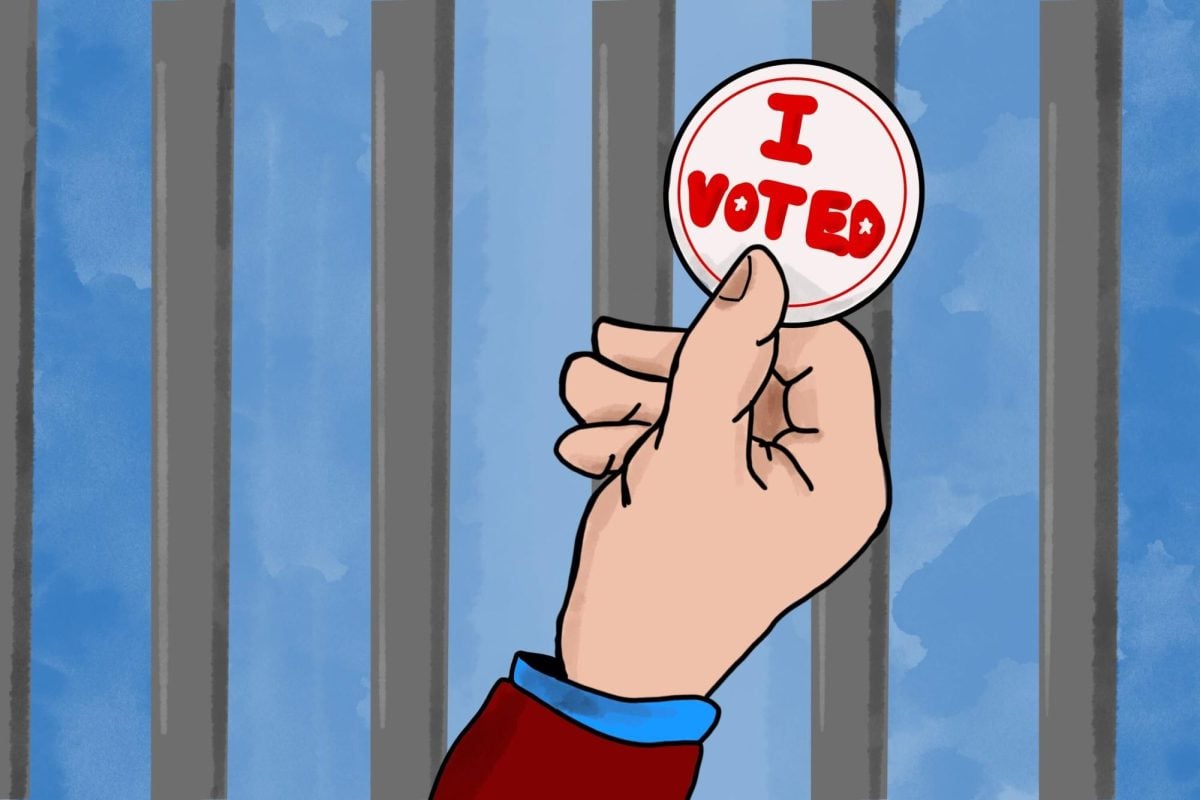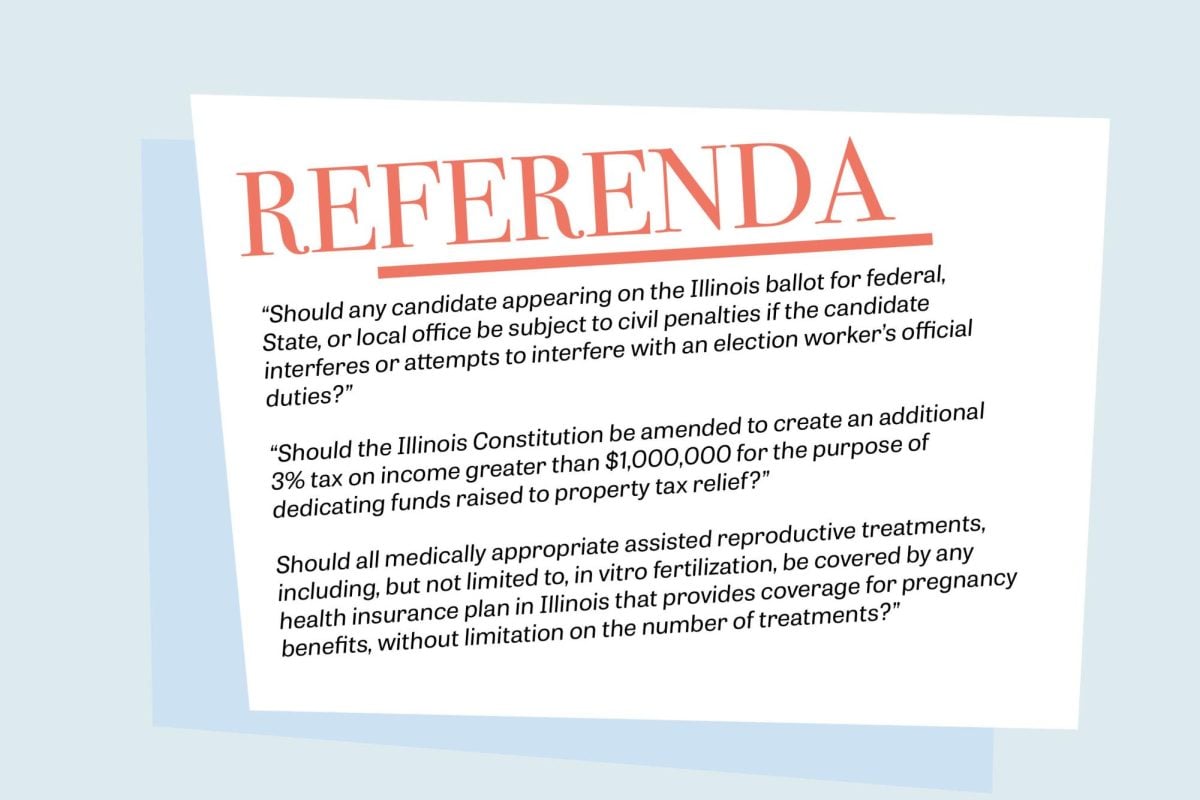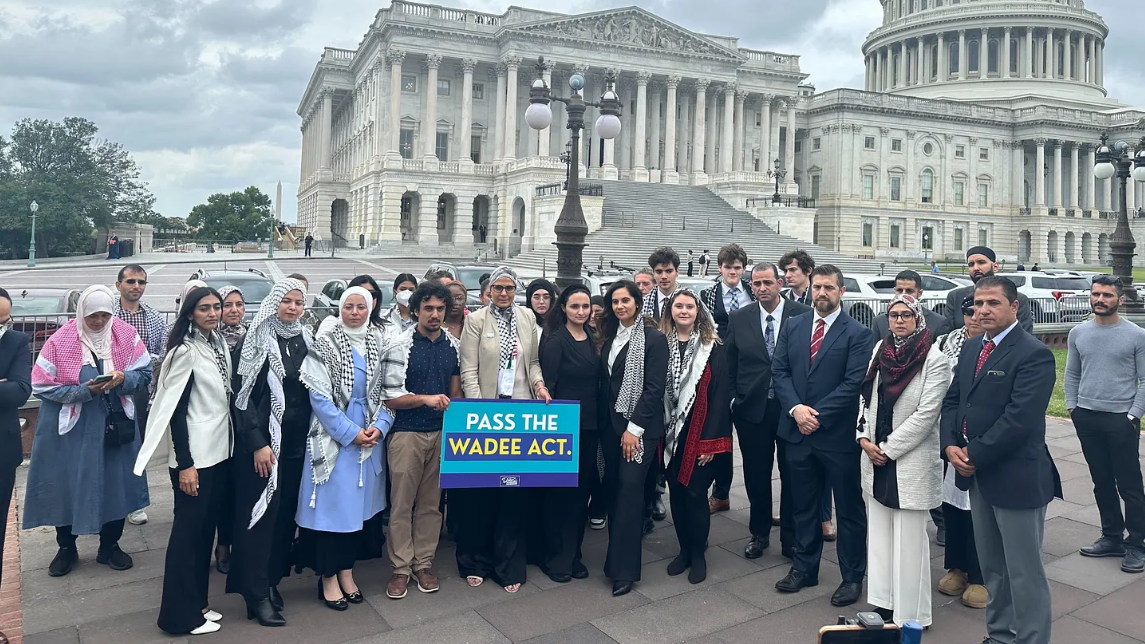Evanston residents will vote March 20 on a cheaper, and possibly cleaner, source of energy.
If voters pass the “community choice electricity aggregation” referendum, the city will be able to negotiate for a lower rate than what Commonwealth Edison, the current energy supplier, provides.
ComEd delivers energy from producers to consumers in Chicago and northern Illinois. It is the only energy supplier in Evanston. Currently, ComEd negotiates prices with the energy producers on behalf of individual customers.
If the referendum passes, Evanston’s government will replace ComEd as the price negotiator. The city will be able to negotiate prices on behalf of all residential and small business customers that do not opt to remain with ComEd. Presenting customers in bulk to energy producers could give the producers an incentive to lower prices.
“Over time, as a result of the deregulation, any individual business or household can choose another supplier,” said Catherine Hurley, Evanston’s sustainability coordinator. “If you don’t choose another supplier, then it will fall to ComEd for that purchased energy.”
The Chicago-based energy company advocates competition and supports the municipality aggregation referendum in Evanston, wrote ComEd spokeswoman Martha Swaney in an email to The Daily on Wednesday.
“We worked cooperatively with 19 municipalities in 2011 that passed referendums in the spring, and we will do the same with any municipality or local government that pursues an aggregation program in 2012,” Swaney wrote in the email.
Even if the referendum passes, ComEd would still be the energy supplier responsible for customer service in town. However, the company would not purchase the electricity supply.
“They own all of the distribution, like the transmission, the poles and the wires in Evanston,” Hurley said. “They are the only game in town in terms of delivering the energy.”
The Evanston City Council passed an ordinance Nov. 29 placing the electricity aggregation question on the March 20 ballot. The information the city sustainability staff presented to city council included a summary of actions taken by other Illinois cities who adopted community-choice electricity aggregation. One of these communities, Oak Park, had 100 percent of its energy offset with renewable energy credits.
Hurley said Evanston is a very progressive, green and forward-thinking community, adding that there is a lot of support from the mayor and the city council to implement products and programs that influence all aspects of sustainability.
Swaney said ComEd is working for greener initiatives.
The company’s latest Environmental Disclosure statement says ComEd “is committed to improving the environment.”
“40 percent of the electricity the company currently delivers is generated by nuclear power,” it said, “12 percent generated by natural gas, one percent generated by wind, one percent by hydropower.”
Hurley said although she is not allowed to advocate for or against the referendum, the city’s office of sustainability has not been flooded with concerns over municipal aggregation.
“We’re still at the very beginning processes of informing the community that this is happening.” Hurley said. “People are becoming aware that this is an option.”
